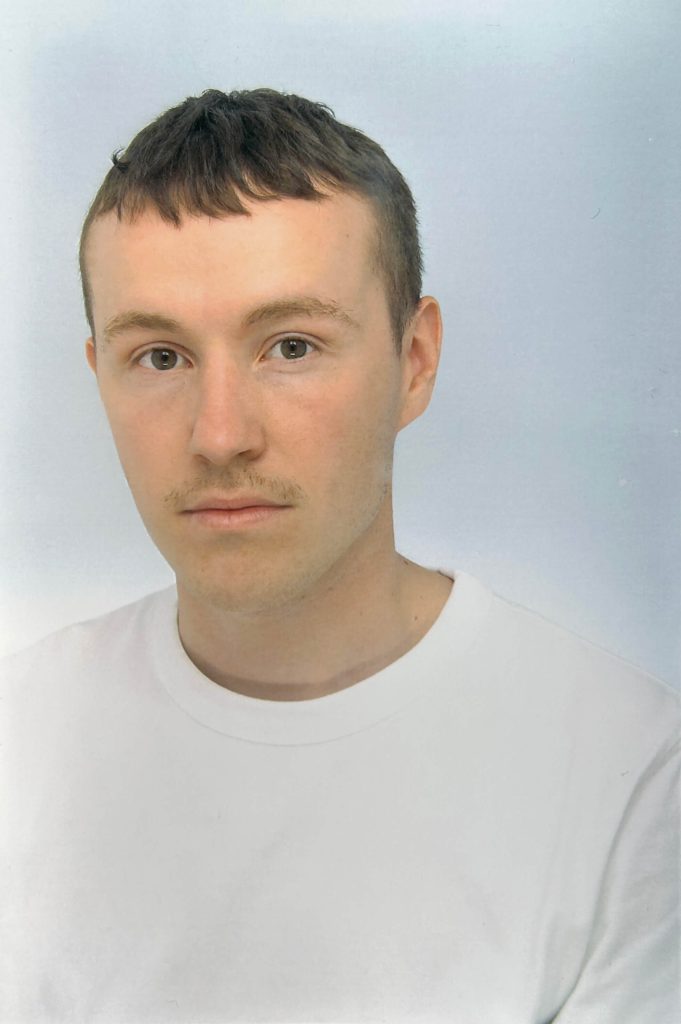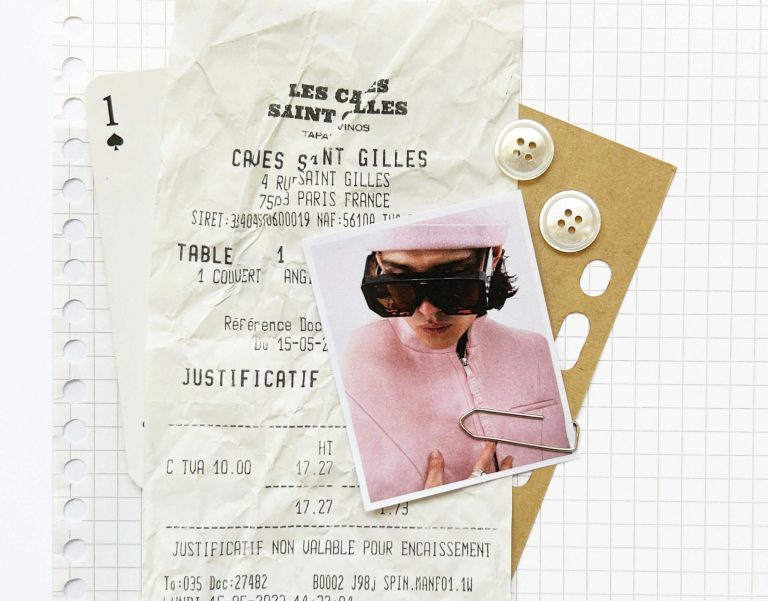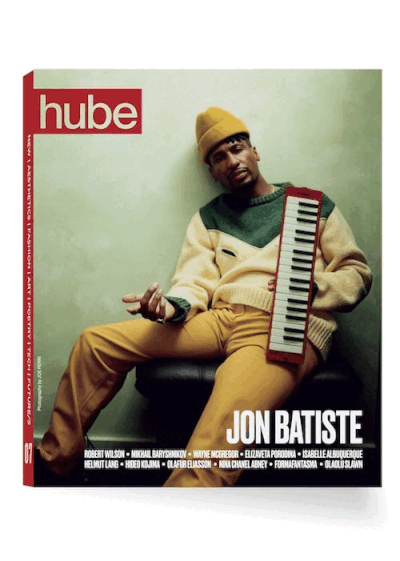
Paris-based Belgian designer Igor Dieryck clinched the Grand Prix du Jury at the 38th edition of the International Festival of Fashion, Photography, and Accessories — Hyères. Igor has carved a niche for himself by blending imperial elegance, corporate sophistication, and urban street edge in his creations. His winning collection, titled ‘Yessir,’ drew inspiration from his experience as a hotel receptionist, exploring diverse human interactions and the role of hotel staff within their establishment. Dieryck, currently a junior designer in menswear at Hermès, sat down with hube to share the conceptual aspects that fuel his designs.
hube: Your designs are layered with meaning. In Duty Calls, you investigate political games by employing royal elements and imperial silhouettes with a streetwear aesthetic. What is the role of street style (and subcultures in general) in your artistic practice?
Igor Dieryck: Streetwear is always very present in my work. It’s funny, because it’s actually never the main theme, but it always ends up being a really important part of all of my collections. For example, in Duty Calls, I worked around the way people in power dress. So, the way politicians dress, the formal attire of kings and queens, the way that power is expressed through clothing… People in power never use streetwear to do that [express power], and that’s why I decided to use streetwear elements, to try to express power with streetwear garments. Similarly to my new collection, in Duty Calls streetwear is not seen as something elegant, but I wanted to use streetwear in the same way we use uniforms to express something elegant. I think that expression is a really big part of my work.
h: Your collections reflect on concepts like political power. Could you share some insights on your approach to dealing with these subjects and how you bring them to life through your designs?
ID: People usually ask me if my work is political. I say that designing garments is political, of course. I think that putting garments on, choosing an outfit, is also political. When you select a certain type of garment, like a white shirt, it expresses something about the way you want people to perceive you. I think fashion in general is political. But my idea is more to raise questions. I like the idea of people seeing my work and questioning themselves. It’s not really about my work being like, “oh, you have to believe this,” it’s not saying this is right or this is wrong, I see it more as something in process. That’s why I don’t feel that much pressure talking about this theme, because for me it’s still something in process that I am questioning. In the YESSIR collection, when I spoke about people who are often invisible, everyone assumed I was saying, “oh, you have to put people in the spotlight,” but at the same time, a good hotel worker knows that he must be a bit invisible to be a good worker. It’s also part of the system. I like this idea of things not being black and white. My ideas are constantly evolving. That’s why I don’t feel so much pressure when it comes to talking about political stuff, because for me, everything that surrounds me is pretty political.

